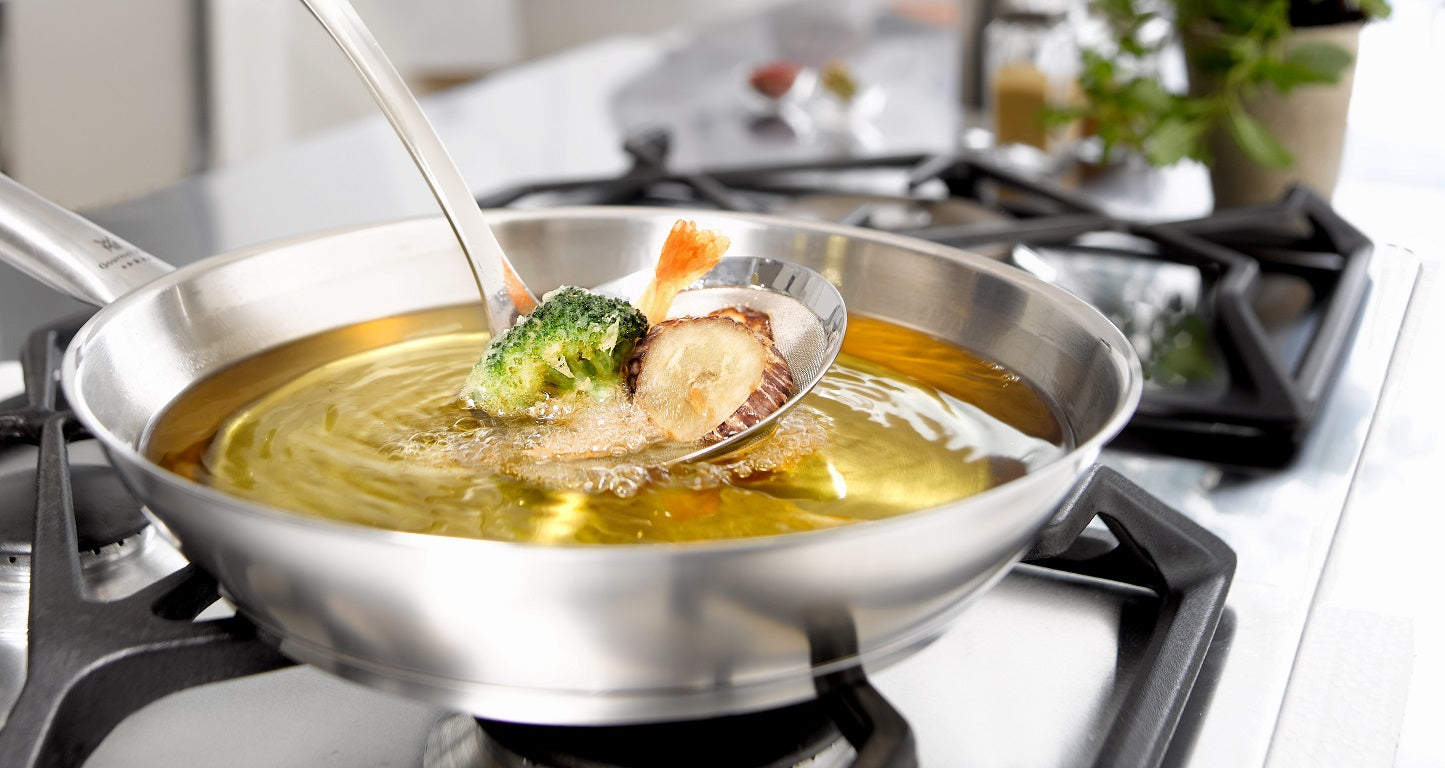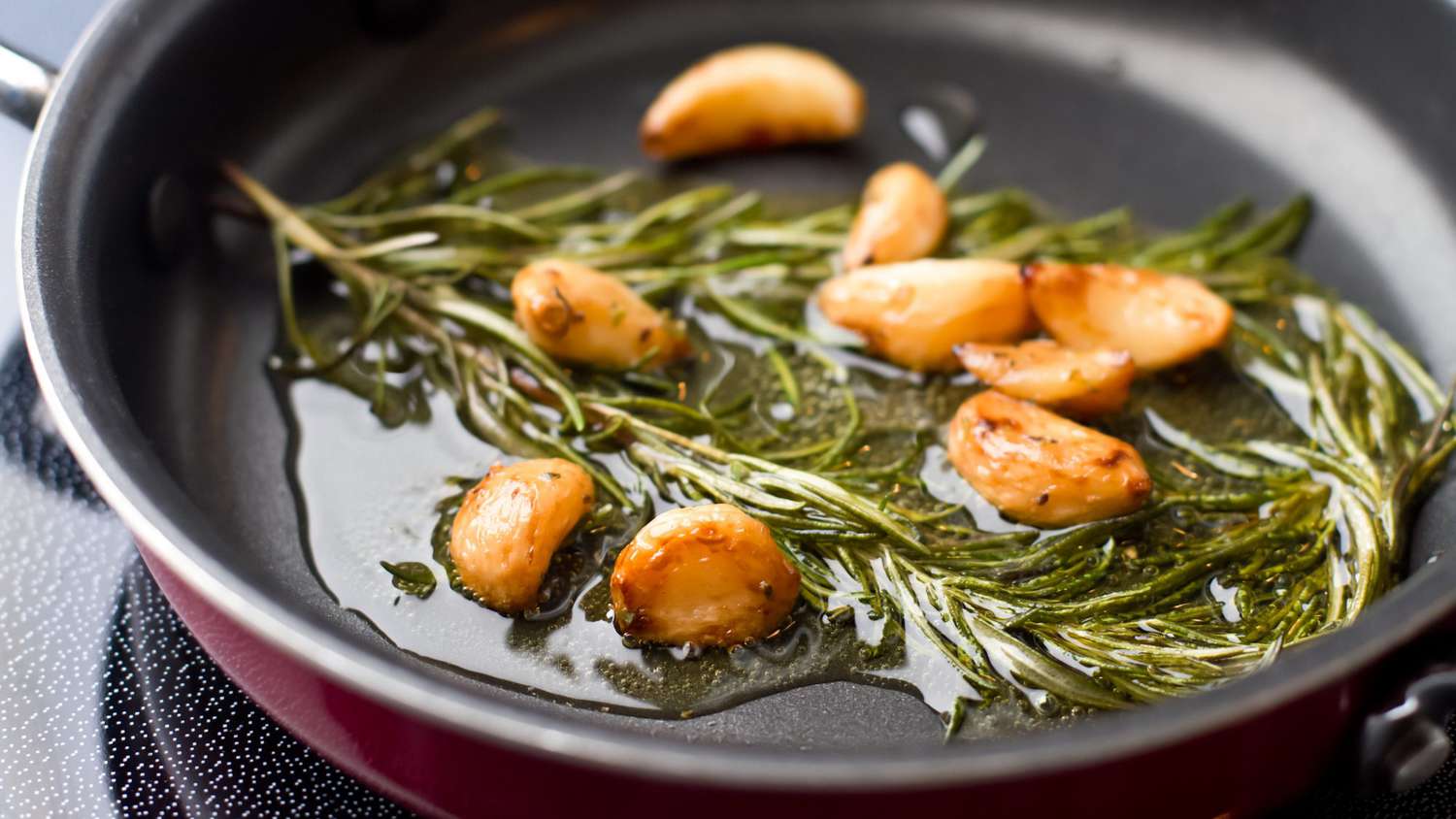It's easy to take for granted the bottle of olive oil sitting in your kitchen. But have you ever stopped to ponder where does olive oil come from?
This article delves into the origins of this liquid gold, tracing its journey from olive groves to your dining table.

The Roots of Olive Cultivation
Origins in the Mediterranean
Olive oil's history goes back thousands of years. It is believed to have originated in the eastern Mediterranean, with some of the earliest evidence of olive oil production found in ancient Crete.
Archaeological evidence suggests that the Minoans, who lived on Crete around 2,500 B.C., were producing olive oil, making it one of the oldest agricultural products.
Olive Trees and Their Expansion
From the Mediterranean, olive trees spread across the globe. Due to trade, conquest, and exploration, cultivation techniques traversed through different civilizations, including the Egyptians, Phoenicians, Greeks, and Romans. Discover more about Mediterranean diet benefits.

The Process of Olive Oil Production
Harvesting the Olives
The journey of olive oil from the tree to the bottle is intricate and fascinating. It starts with harvesting the olives, typically in late autumn to early winter. Timing is crucial as the maturity stage affects the flavor and quality of the oil.
Pressing the Olives
Once harvested, the olives are taken to the mill. Here, they are washed to remove impurities and then crushed to form a paste. This paste is then pressed to extract the liquid. The first pressing often yields the highest quality oil, known as extra virgin olive oil. Learn more about olive oil pressing.
Filtering and Bottling
The extracted oil undergoes filtration to remove any remaining solid particles. After filtration, the oil is stored in stainless steel tanks under controlled conditions before being bottled. Learn more about the production process.

The Varieties and Benefits of Olive Oil
Different Types of Olive Oil
There are several types of olive oil, each with its distinct flavor profile and use. Extra virgin olive oil is the highest quality and most prized. Other types include virgin olive oil, refined olive oil, and pomace olive oil. Check out our guide on types of olive oil.
Health Benefits
Olive oil is not just a culinary staple but also a superfood. Rich in monounsaturated fats, antioxidants, and anti-inflammatory properties, it offers numerous health benefits. Regular consumption can improve heart health, reduce oxidative stress, and even aid in weight management. Learn more about olive oil benefits.
FAQs
Why is extra virgin olive oil more expensive?
Extra virgin olive oil is produced from the first pressing of olives and maintains the most authentic flavor and nutritional value, making it the highest quality and, thus, the most expensive.
Can olive oil go bad?
Yes, olive oil can go bad over time. It is best stored in a cool, dark place and should be used within a year of opening.
Is olive oil better than other types of oil?
Olive oil, especially extra virgin, is considered healthier due to its high content of monounsaturated fats and antioxidants, which offer numerous health benefits compared to other types of oils. Learn more about how to include olive oil in your diet.
As an Amazon Associate, I earn from qualifying purchases.






Leave a comment
This site is protected by hCaptcha and the hCaptcha Privacy Policy and Terms of Service apply.